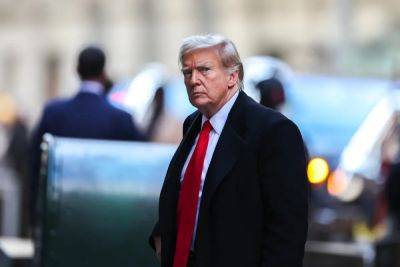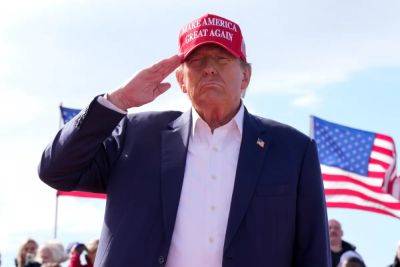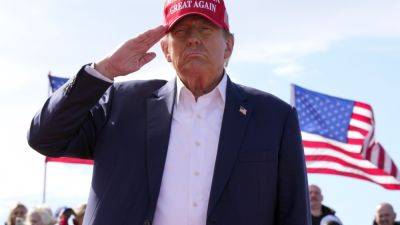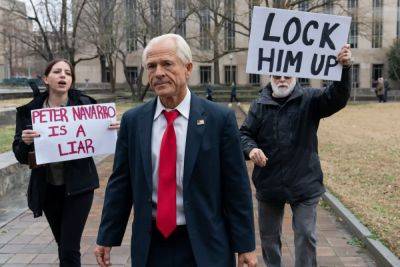In shadow of Trump tweets, Supreme Court outlines when officials can be sued for social media use
WASHINGTON — The Supreme Court ruled Friday that members of the public in some circumstances can sue public officials for blocking them on social media platforms, deciding a pair of cases against the backdrop of former President Donald Trump’s contentious and colorful use of Twitter.
The court ruled unanimously that officials can be deemed "state actors" when making use of social media and can therefore face litigation if they block or mute a member of the public.
In the two cases before the justices, they ruled that disputes involving a school board member in Southern California and a city manager in Michigan should be sent back to lower courts for the new legal test to be applied.
In a ruling written by Justice Amy Coney Barrett, the court acknowledged that it "can be difficult to tell whether the speech is official or private" because of how social media accounts are used.
The court held that conduct on social media can be viewed as a state action when the official in question "possessed actual authority to speak on the state's behalf" and "purported to exercise that authority."
While the officials in both cases have low profiles, the ruling will apply to all public officials who use social media to engage with the public.
During October's oral argument, Trump's use of Twitter — before it was renamed X — was frequently mentioned as the justices considered the practical implications.
The cases raised the question of whether public officials’ posts and other social media activity constitute part of their governmental functions. In ruling that it can, the court found that blocking someone from following an official constitutes a government action that could give rise to a constitutional claim.
But the court made it clear







